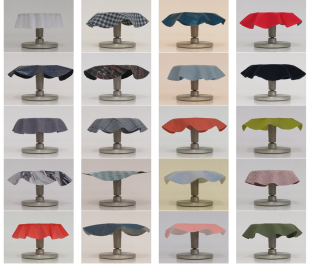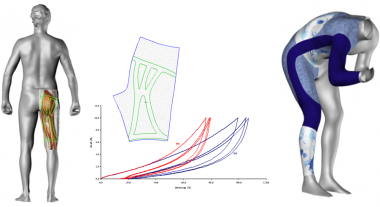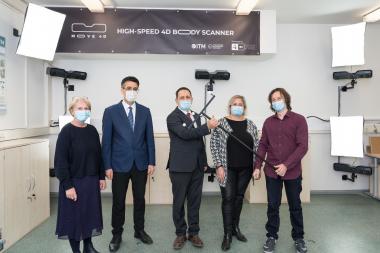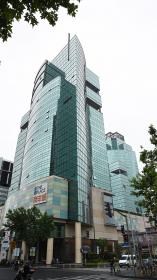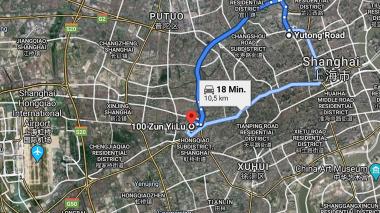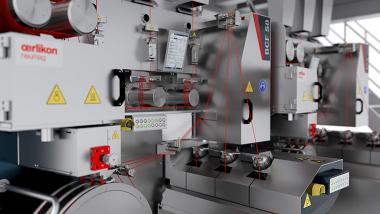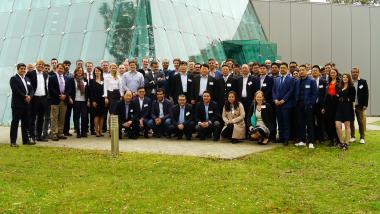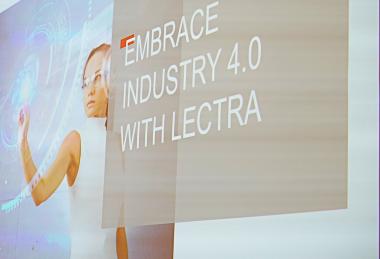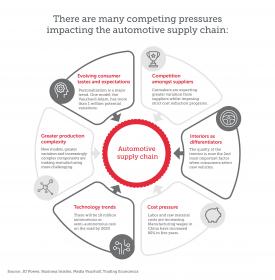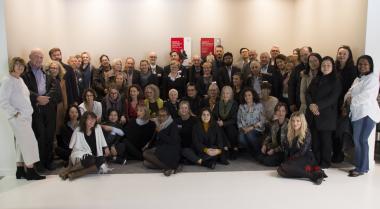ITM presents itself for the first time at ISPO Munich Online 2021
- ITM of TU Dresden – your research partner in the field of virtual product development at ISPO Munich
- ISPO Munich Online 2021 – the world´s leading sports business platform from February 1st to 5th 2021
The Chair of Assembly Technology for Textile Products of ITM presents itself for the first time at ISPO Munich Online 2021 – showcasing its expertise in the field of virtual product development. Its know-how in the determination of material parameters, digital data processing, and data transfer will be presented as well as its competencies in 3D/4D body shape recording via scanning, data animation for the 3D product development for functional clothing, and simulation for wear comfort/usage visualization. The Chair of Assembly Technology for Textile Products of ITM has manifested its leading global position in the virtual product development sector by successfully completing a variety of national and international interdisciplinary research projects.
Researchers of the Chair of Assembly Technology for Textile Products have been actively involved in the preparation and digital representation of material samples for the ISPO Textrends Forum. Thus, the material parameters of the ISPO Textrends Award textiles were determined for 3D fit simulations in Vidya (Assyst/Vizoo), automatically analyzed, and digitally processed by the specially developed "Material Analyzer" software. This software in addition to other state-of-the-art CAE infrastructure, such as the recently installed 4D Scanner Move4D, are essential for the further establishment and promotion of its leading position in the field of digitalization and virtual product development for garments for high-tech applications.
The researchers involved eagerly await future collaborations in this promising field of research. This pilot project presented at ISPO 2021 was coordinated by the company FOURSOURCE Group GmbH, thus enabling the characterization and 3D visualization of the award-winning materials that are presented to all visitors at ISPO 2021.
ITM TU Dresden ISPO Munich 2021 Messe München FOURSOURCE Group GmbH 3D Visualisierung ISPO Textrends Award 4D Scanner
ITM/TU Dresden


